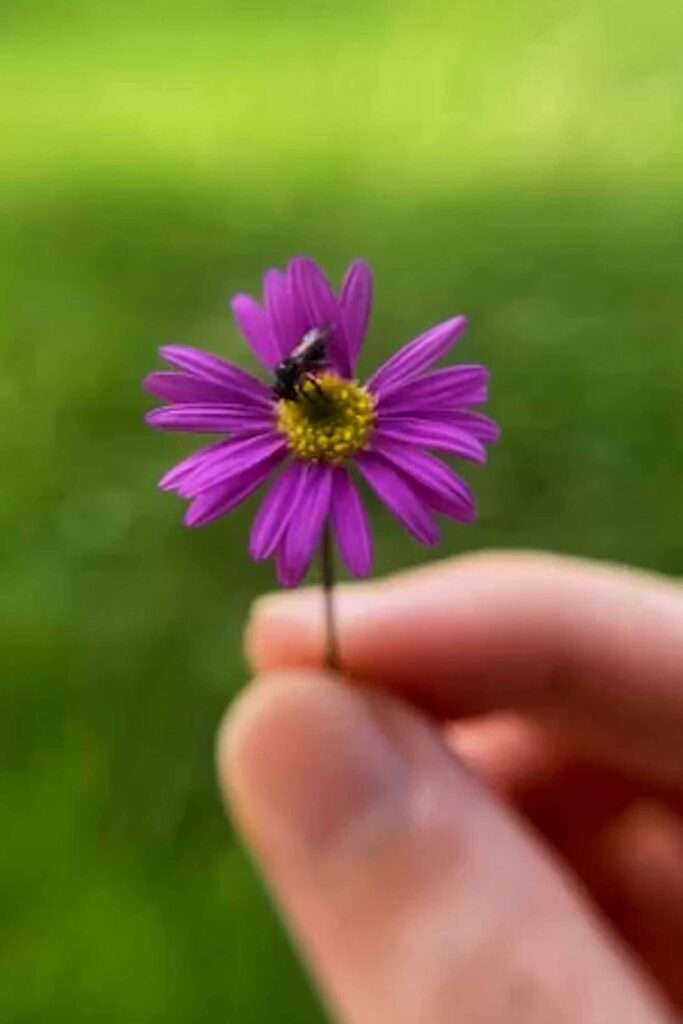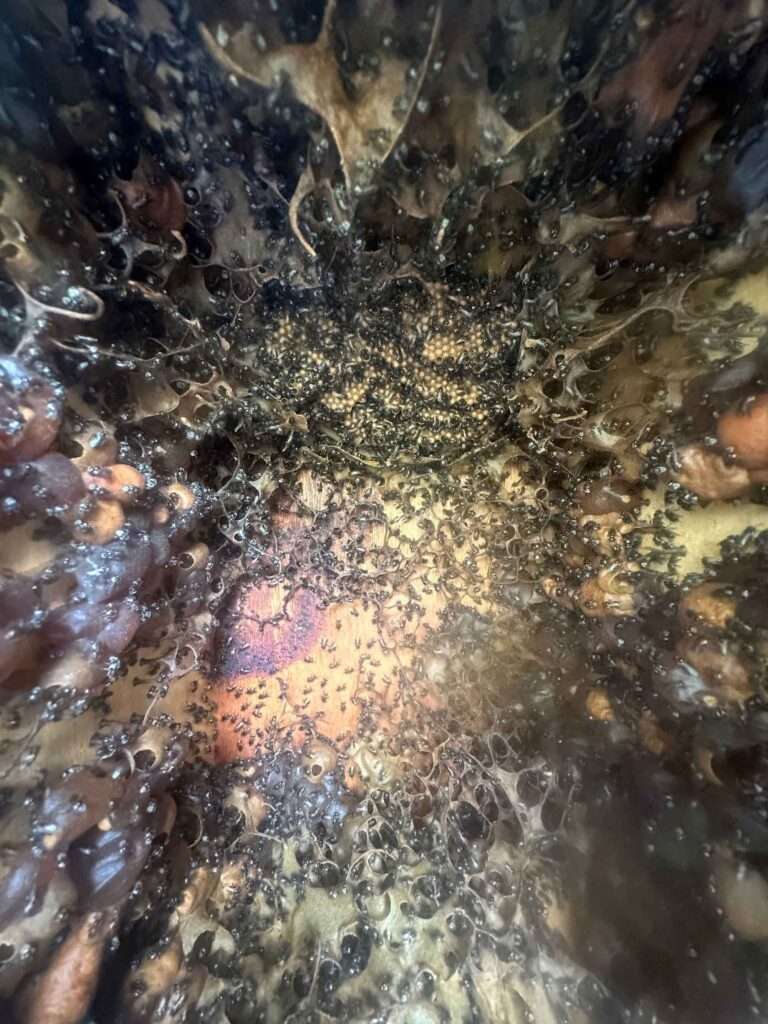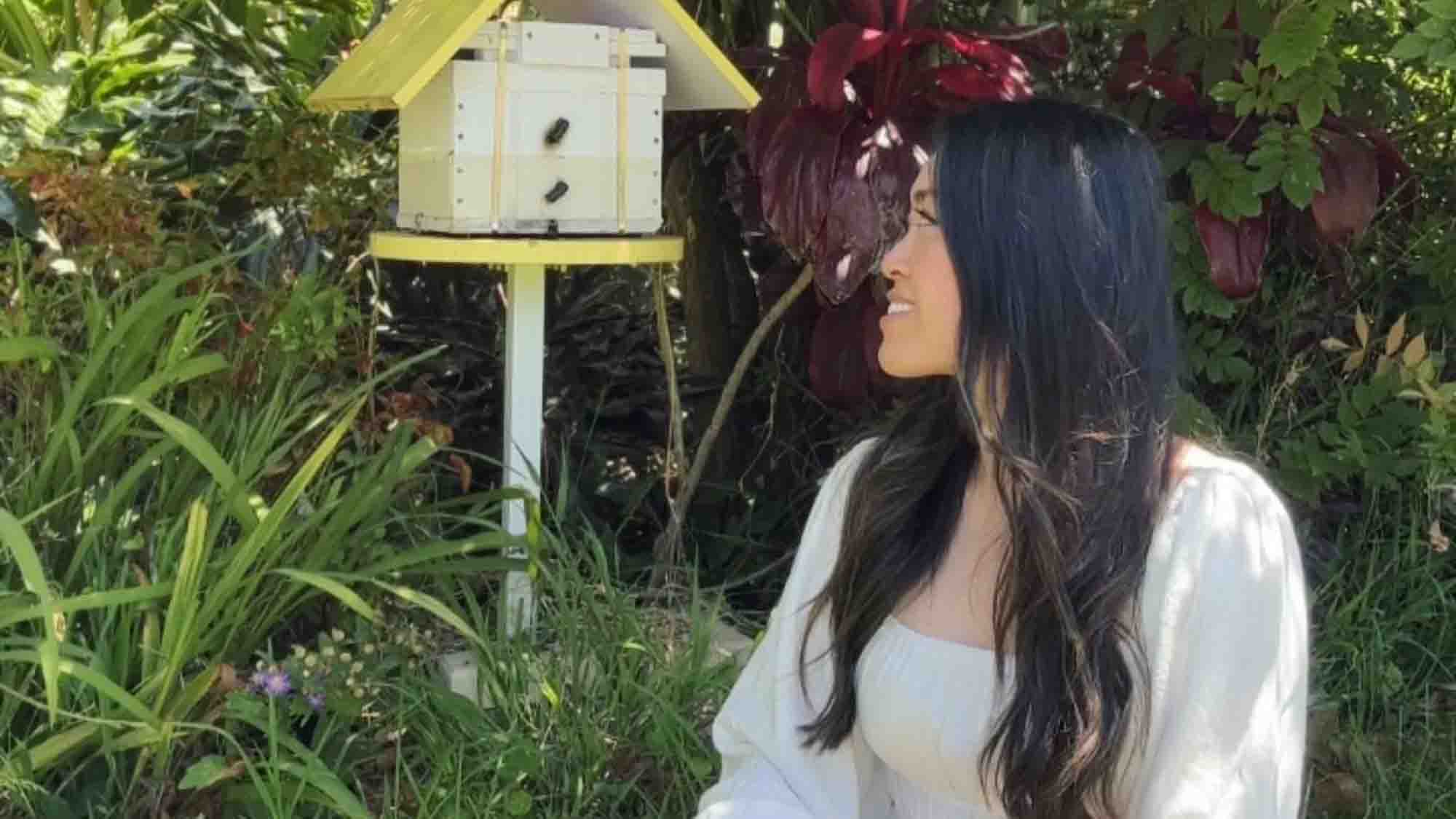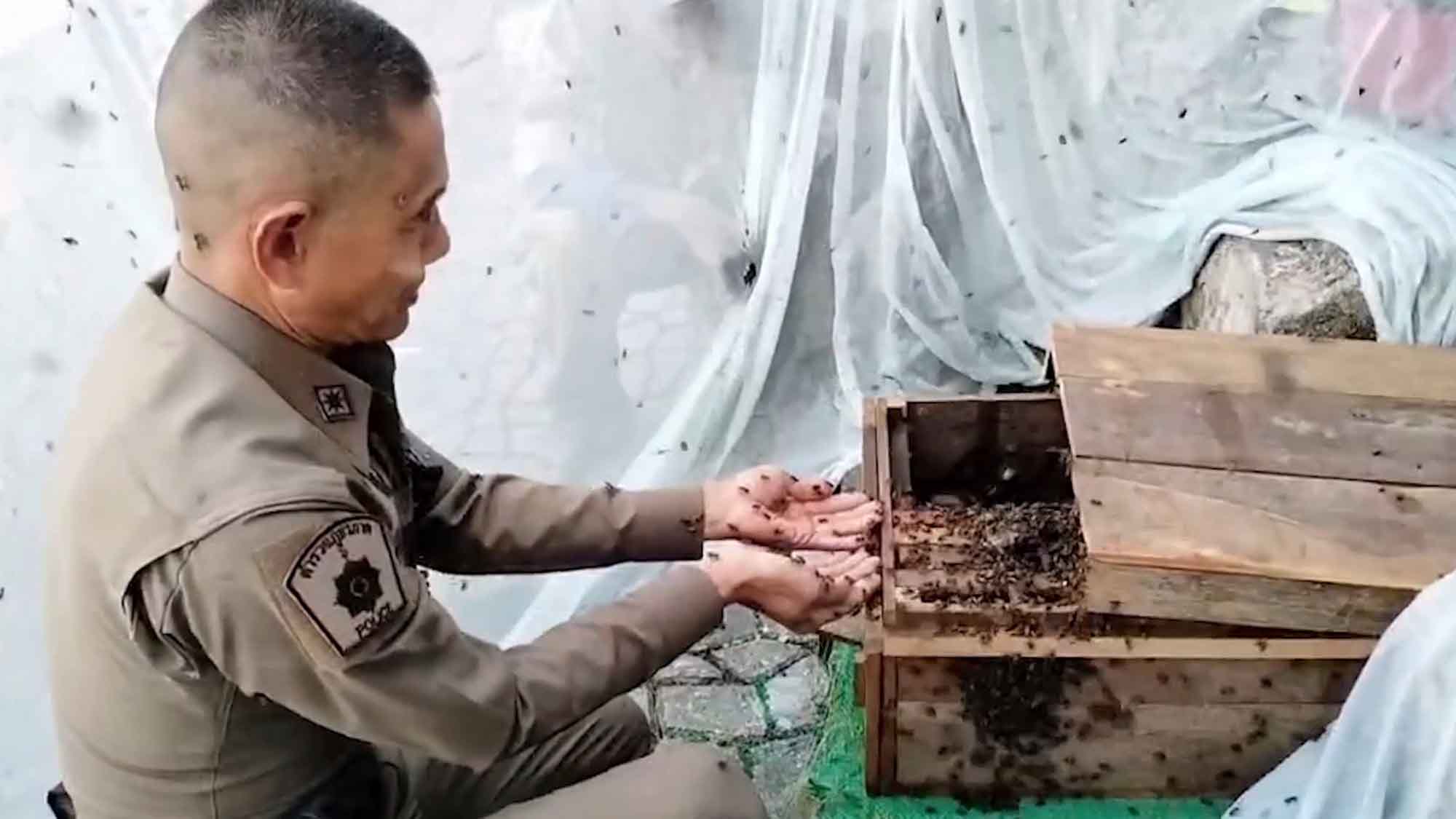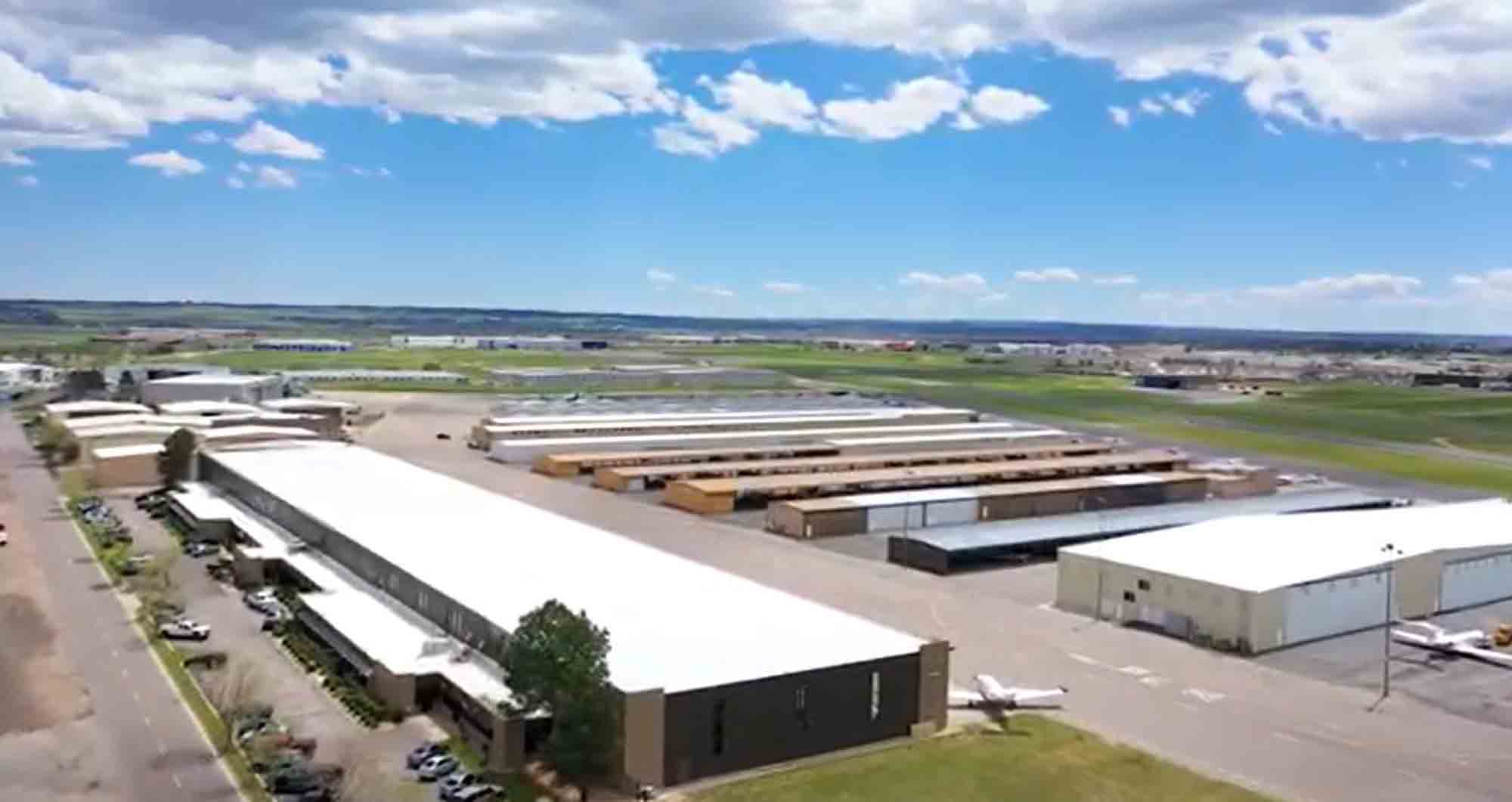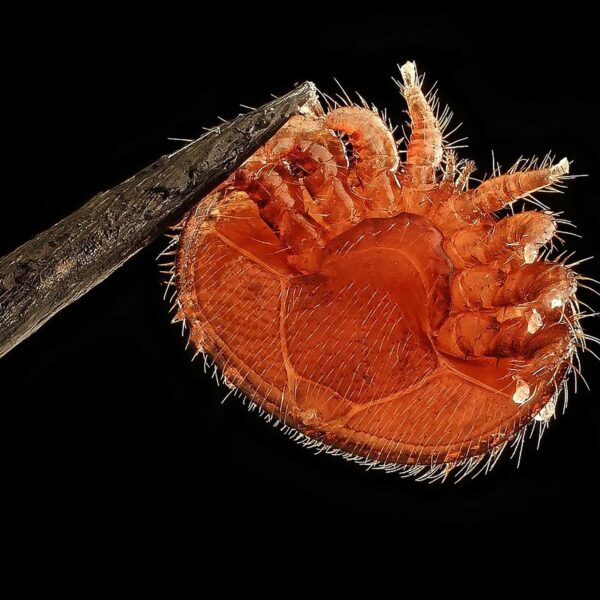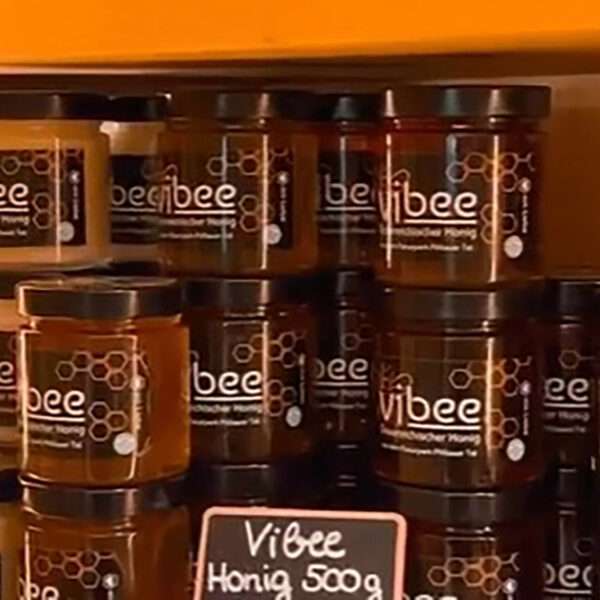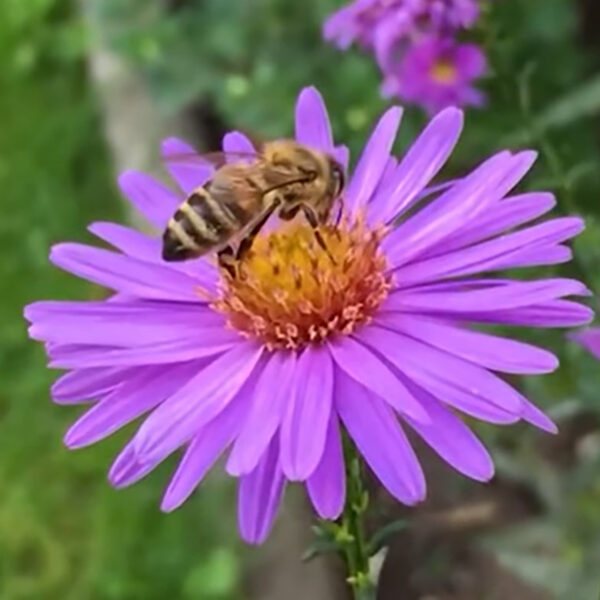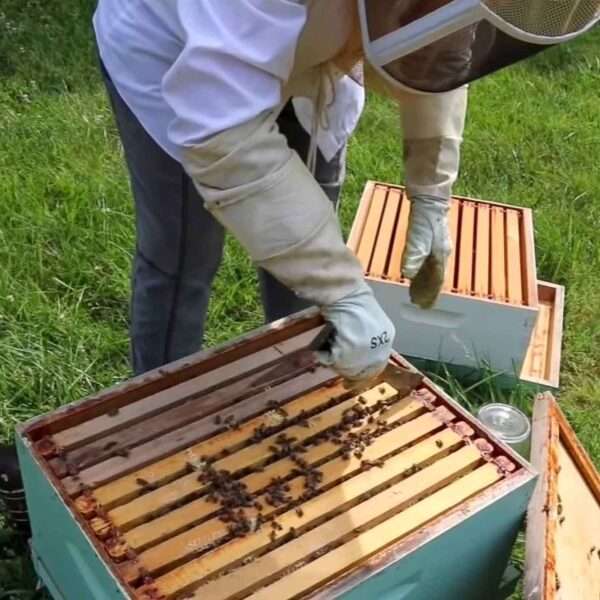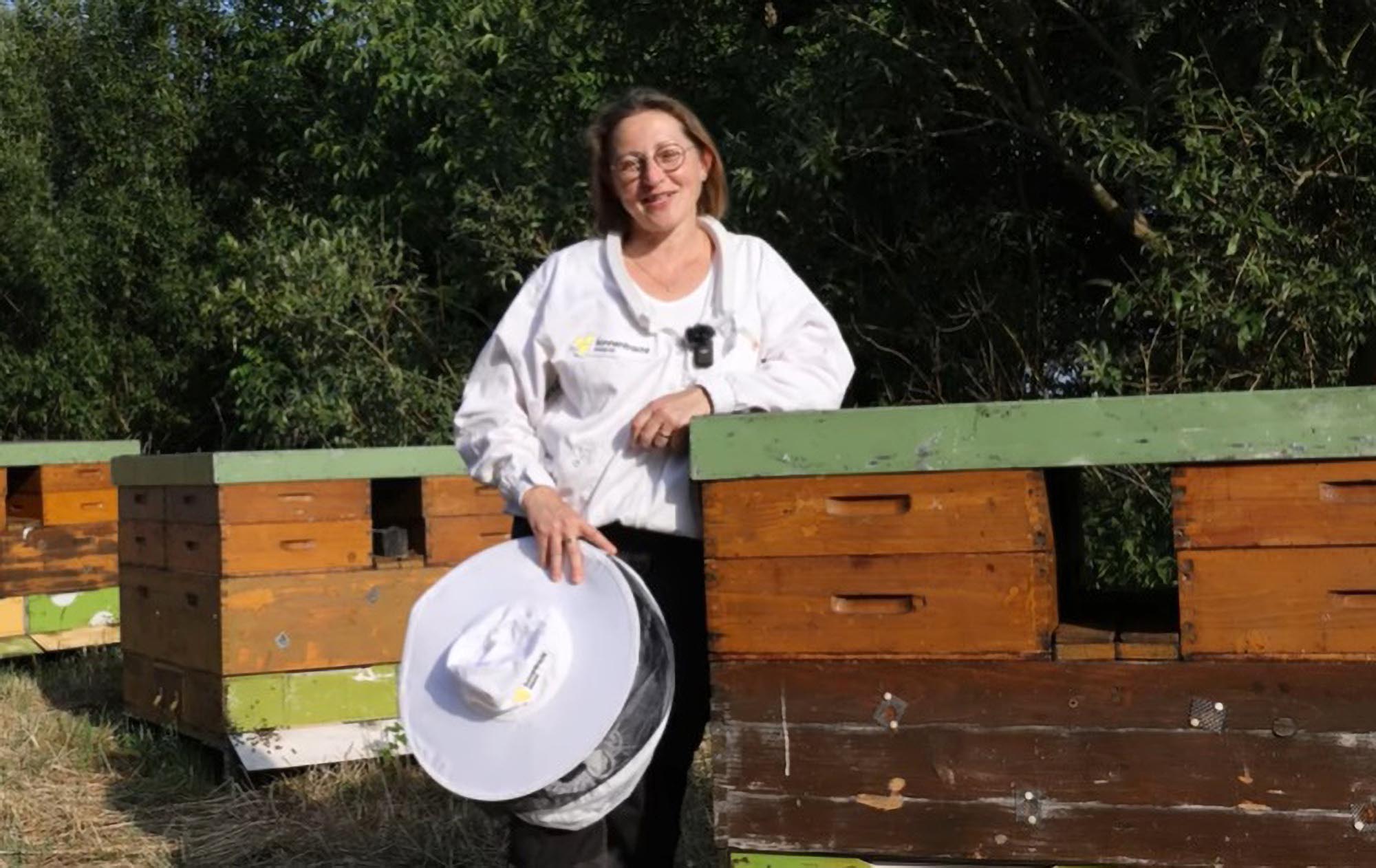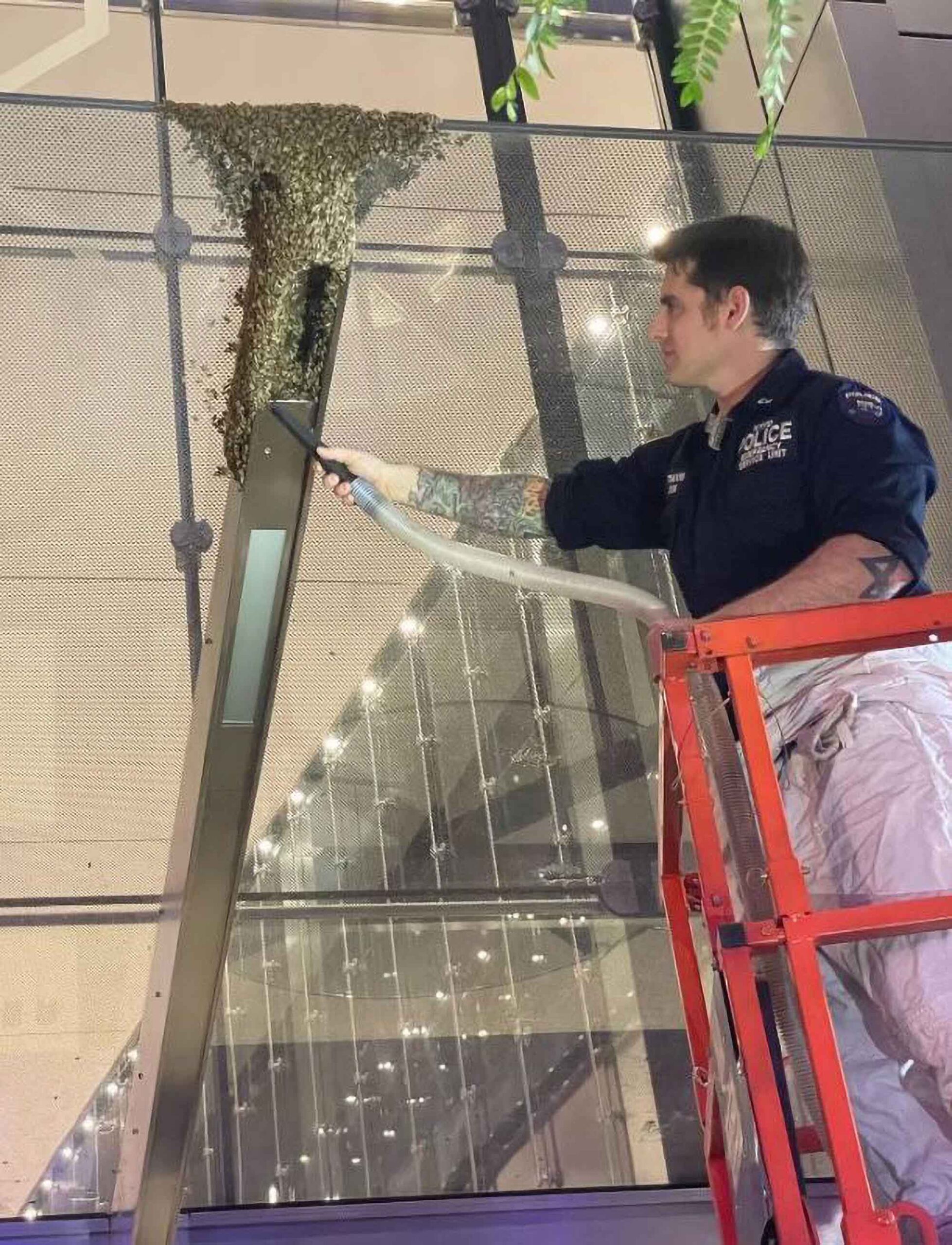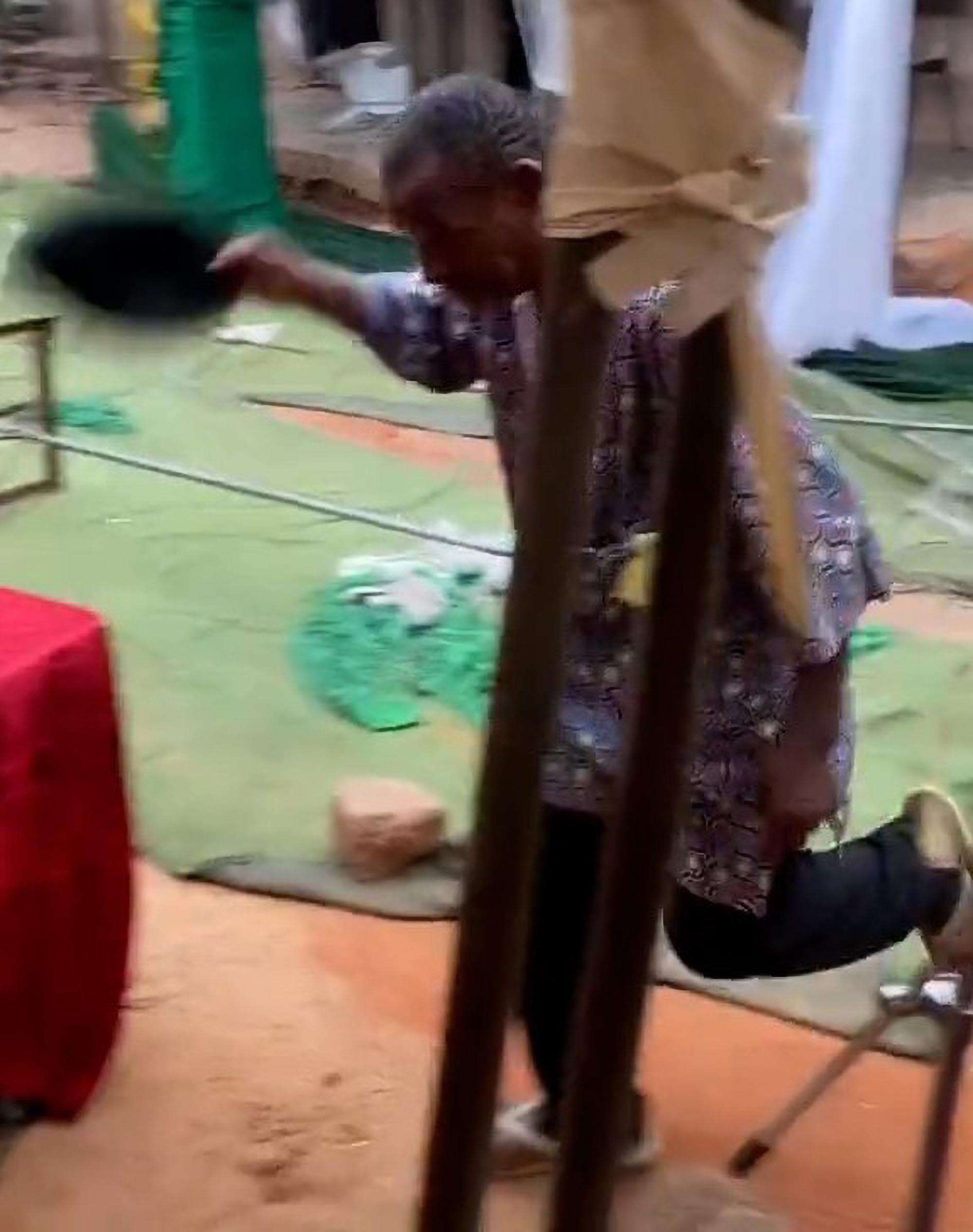An Australia-based beekeeper who focuses on native stingless bees has offered fascinating insights into her passion.
New Zealander Becky Cho – who moved to Sydney as a child – took up apiculture during the COVID-19 pandemic.
Becky told NewsX: “I got into beekeeping in January 2022 because I wanted to find a hobby during COVID. I always wanted to be a beekeeper.
“I’ve always found it difficult to commit to a hobby, mainly due to having other responsibilities. But when I fell into beekeeping, it was extremely easy to dedicate my time to it.”
The diagnostic radiographer – whose edutainment Instagram account has more than 600 followers – said she chose to concentrate on native bees as they were stingless and would not need time-consuming maintenance efforts.
Becky currently manages two Tetragonula carbonaria colonies. This species – which is often called sugarbag bee or bush bee – is a stingless bee which is endemic to the north-east coast of Australia.
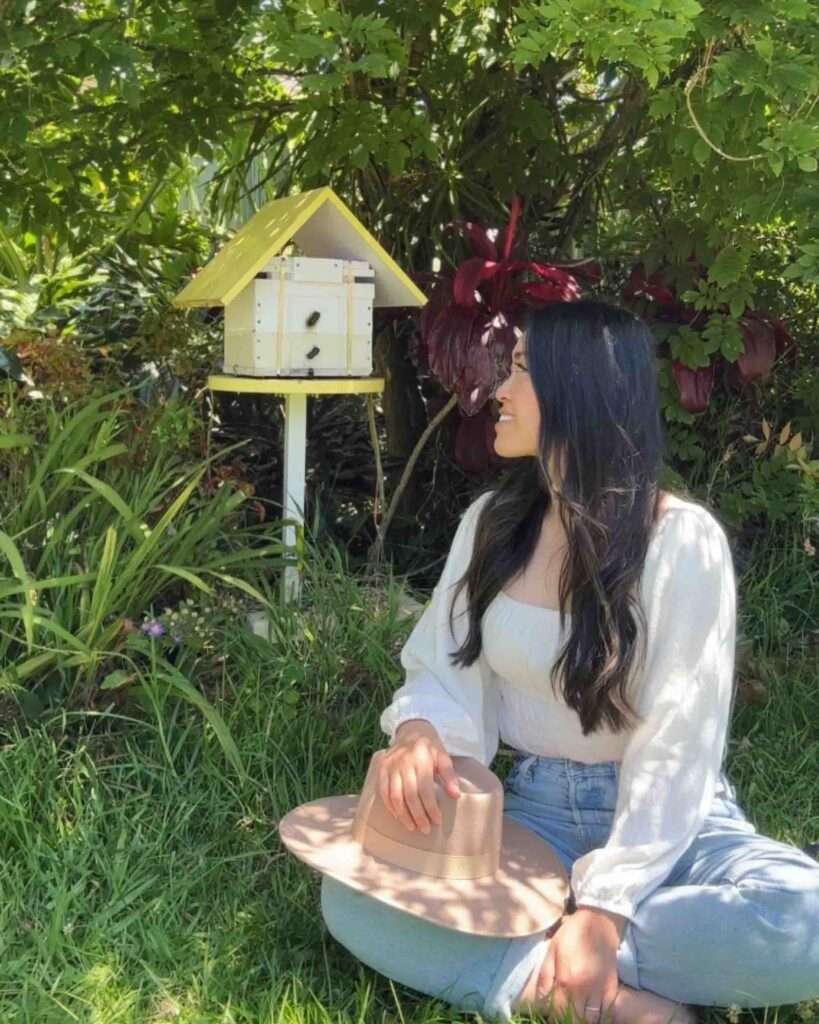
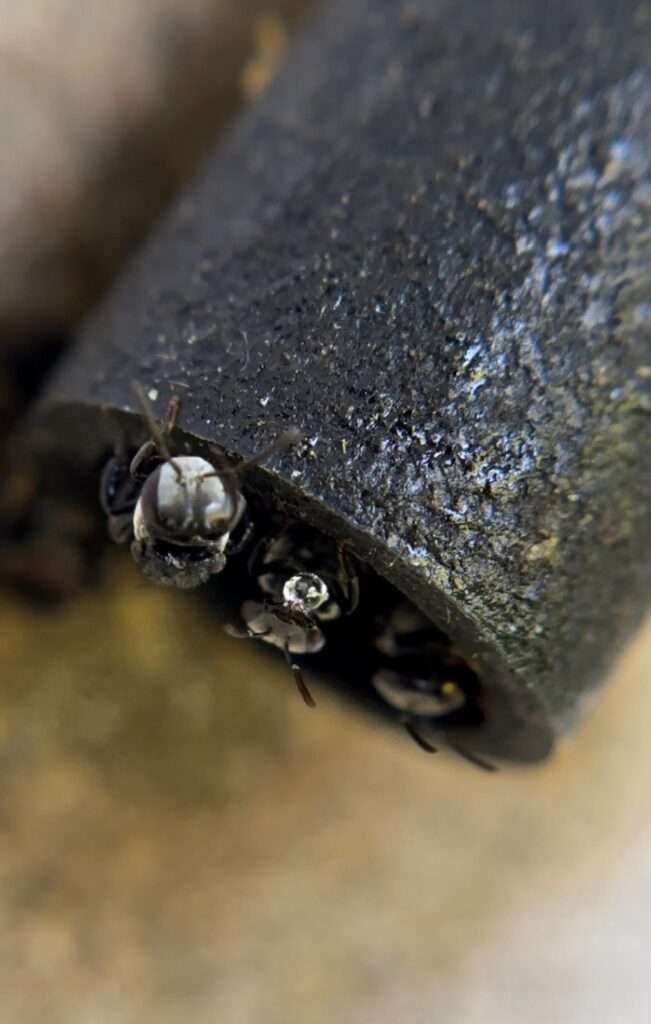
The Tetragonula carbonaria worker bee’s body is between 3.9 and 4.3 millimetres long.
Asked to elaborate on the hardest parts of overseeing their activity, Becky said: “The biggest challenge that I face with native bees is the climate. They have very specific conditions in which they will forage. Typically they will venture out only on warm, sunny days with little to no wind.”
The 30-year-old said native bees were “less well-known” but added that she was upbeat due to Sydney councils’ recent hive-hosting initiatives.
Becky explained: “Honeybees such as the European honeybee are excellent at honey production whilst Australian native bees produce far less hence the popularity of the former.”
The beekeeping newbie said she was always keen on expanding her knowledge.
Beaming with enthusiasm, she told NewsX: “At the moment, my main focus is to learn more about the bees that I keep.
“I would like to find out more about educating and budding their hives for later duplication. There’s also the splitting method of duplication which is very interesting and I’m keen to give it a go.”
Becky underlined that she enjoyed the manifold possibilities of how to approach beekeeping.
She said: “I’m mostly beekeeping on my own but my husband will assist if I need help. However, native bees are so self-sufficient. I believe it can be carried out by yourself. This allows you to discover their behaviour and patterns.”
Reflecting on the impact beekeeping has had on herself since she started out around one year ago, Becky explained: “It has given me an appreciation of how such tiny bees are responsible for pollinating vast amounts of different plants.
“The structures they build in their hives are astounding to see. The organisation of the hive is very complex. I will never grasp or fully understand it.”
